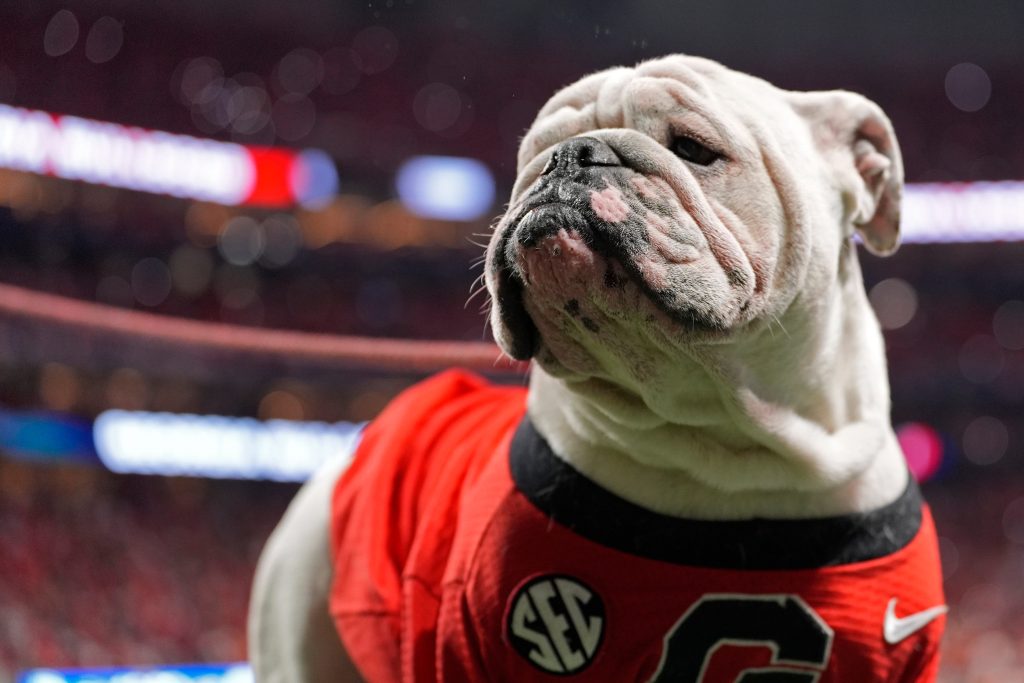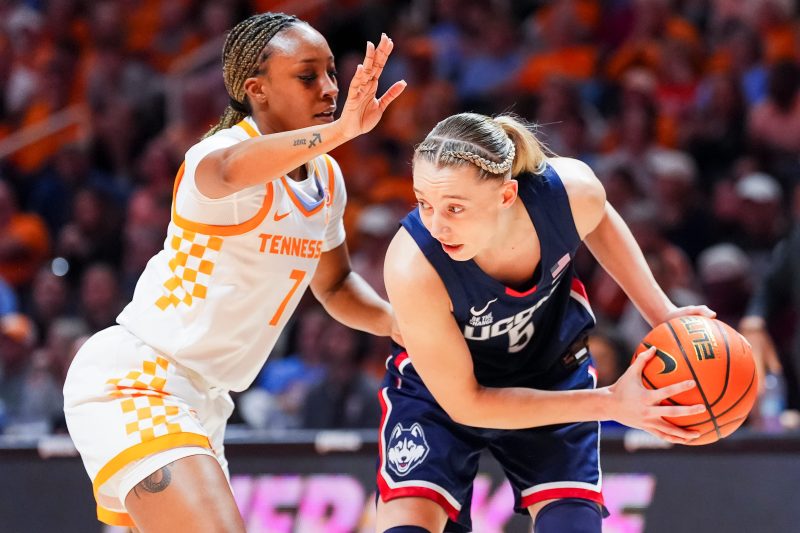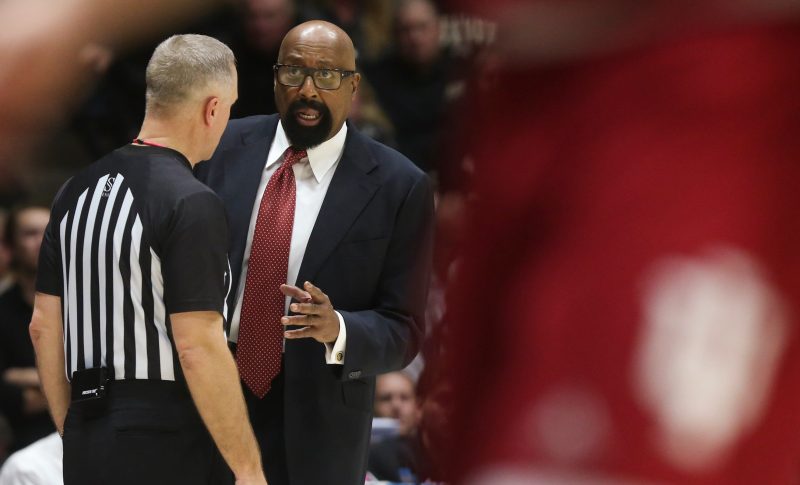Georgia politicians want to coddle rich college athletes with tax relief

There has never been a better time in history to be a college athlete. Many of the football and basketball players you watch on television are getting six- and seven-figure windfalls in name, image and likeness deals. Pretty soon, even the athletes you never see will earn something through revenue sharing. And all of them are perpetual free agents, able to change schools with little or no restriction should a better deal come along.
And now, at least in the state of Georgia where I call home, there may be another perk available in the near future: Tax breaks!
A new bill proposed in the Georgia legislature aims to eliminate the state’s 5.49 percent income tax for college athletes on their NIL deals. Essentially, this means that a Georgia Bulldogs quarterback making $1 million per year would get to keep an extra $55,000. It also means, if a football team is collectively earning $20 million through NIL, the state is losing out on about $1 million in revenue that funds stuff like healthcare, education and transportation, which the rest of us working schlubs who live here are obligated to pay for.
As a sports columnist, this is a phenomenal idea. We need as much offseason college football content as possible, and any time you can bring the politics of taxation into sports, that’s a guaranteed outrage-generator. As a few administrators texted since news of this bill came out earlier this week, you couldn’t possibly come up with a better plan to get the public to turn on college athletes.
So as someone in the business of sports takes, I’m all for having that debate. But as a citizen and resident and taxpayer?
Uh, no thank you.
So on Wednesday, I called Brandon Beach, a Republican state senator representing the Alpharetta area just outside of Atlanta. He’s the one who came up with this idea, and I asked him a simple question: Why should exempting highly-paid college athletes from income tax be an important priority for lawmakers in the state of Georgia?
“Well, I think it’s a priority,” he said. “Listen, college sports generates millions of dollars for our universities, our local businesses, and it really helps our state economy. And if you have a winning program, it further develops a, you know, economic engine. And for us to be competitive, we need to do that.
“We’re only talking about while you’re in an NIL deal and while you’re an athlete. It’s not for the rest of their life. So three to four years at (most), and we want to make sure that (Georgia coach) Kirby (Smart) can — whether any of our universities can — be able to recruit that talent.”
To be perfectly honest, most of this sounds like nonsense. I don’t believe that a single win in any sport at Georgia, Georgia Tech, Georgia State, Georgia Southern or any other program in the state hinges on whether a player’s NIL income is being taxed at the state level.
But politicians being politicians, and the SEC mentality being the SEC mentality, I can certainly understand why mitigating any perceived disadvantage Georgia might have — as insignificant as it might be — seems like important work that will be popular with his constituents.
And I’ll give credit to Beach for this much: He doesn’t pretend that this is about anything other than making sure those Dawgs have a completely level playing field when they’re recruiting against Coach Sark at Texas.
“It helps us compete with Texas, Florida and Tennessee,” he said. “(The athletes) all have these agents or managers or whatever, and these guys will go to the kids and say, ‘Hey, Texas is willing to pay you a million. You’re only making $750,000 at Georgia, and by the way, you won’t have to pay any state income tax.’
‘I mean, just look at (former Georgia quarterback) Carson Beck. He just did a $4 million deal at Miami, and Florida has no state income tax. If he had that same deal in Athens, he’d have to pay about $200,000.”
It’s hard to refute the point. In a theoretical world where all NIL deals and other circumstances are equal for every program, there might be a few athletes who make career-defining choices based on roughly 5 percent of their income.
I just question whether that world exists, and whether the politics of this proposal are as good as Beach thinks they are.
Yes, eliminating the state tax on NIL will put a few more dollars in the pockets of hundreds of athletes across the state who get small deals. But make no mistake: This proposal is aimed at making sure Georgia’s football program doesn’t lose any of those six- and seven-figure recruiting battles, which are making scores of young people across the country rich because of their athletic skills.
And there’s absolutely nothing wrong with that. I advocated for it before it was popular because college athletes are crucial to the economic success of a multi-billion dollar industry. But even for me, changing a law to give college athletes — and only college athletes — relief from the civic responsibility the rest of us have feels unseemly.
Do we really need to do this much coddling to sell the Georgia football program to recruits? And if this stuff really matters — like, at all — why not do a similar bill for the Atlanta Falcons, Atlanta Braves and Atlanta Hawks that might help them get a couple more free agents? Does their success not contribute to the state economy too?
“One of my colleagues said that he got a couple calls like, ‘Why are you rewarding these athletes like this? They’re already making money,’ ‘ Beach said. “But you know what? If we want to get the best that’s out there, we’ve got to make sure we have an even playing field with those three states that have very good football programs.”
After I hung up the phone with Beach — which happened to be on National Signing Day — I went to the popular recruiting sites to see whether the teams in my state were as bad off as one might think based on the urgency of this bill.
As it turns out, they seem to be doing OK. At Rivals, Georgia’s recruiting class was No. 2 while Georgia Tech was No. 23. The folks at 247 had it ranked similarly — with Georgia State’s and Georgia Southern’s recruiting classes clocking in at No. 1 and No. 3 in the Sun Belt, respectively. If any Georgia schools are losing recruits because of a state tax on NIL, it’s not showing up in metrics that track the acquisition of talent.
So let’s be blunt: Georgia doesn’t need the help. Neither does Smart, who makes $13 million a year because he’s been the best recruiter in college football for the last decade.
But if you’re trying to predict whether this bill is going to pass, state legislatures in the South trying to one-up each other for the sake of SEC football seems like a pretty safe bet — especially when it involves a tax cut for people who don’t really need it.
Just one question, though: When will it be my turn?
“That’s what we really want to do,” Beach said, “is eliminate the state income tax. That’s our main goal down the road. But until we do that, I think this is a great tool in the toolbox — from a recruiting standpoint.”
After all, what could be more important?





